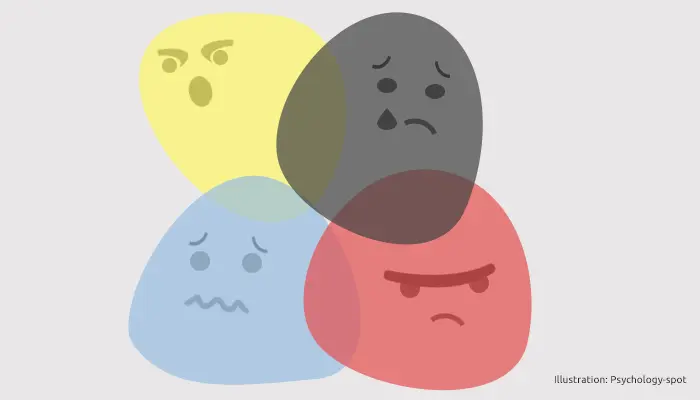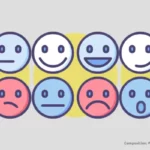
Telling someone that he was wrong makes him aware of his mistake, but not happy. In fact, we have all felt the slight sting when someone has shown us our mistakes. And the pain may be more intense if we are facing a crowd, it is likely we feel embarrassed and humiliated, emotionally hurt.
However, it’s funny noticing how the closest friends and even the family sometimes become brutal and insensitive criticizing our mistakes, especially when they end up with the well-known phrase: “I told you so!”. Obviously, we too can exhibit a complete lack of tact indicating to others their mistakes.
And the point is that, for many years we thought that “spare the rod, spoil the child”, that if someone feels ashamed, he will correct his behavior immediately and won’t repeat that mistake again. It’s true that the trauma that causes humiliation leaves deep scars and teaches us a lesson, but there’re other ways to point out the mistakes and correct them.
Humiliation: Lasts more than joy and is more intense than anger
We feel humbled when we perceive that our value decreases before others. This is a very negative emotional state and unfortunately is also very common, but has been poorly studied compared to states like anger, anxiety or fear.
In fact, until now we’ve been thinking that humiliation was simply an unpleasant state whose impact went no further. However, now a study conducted at the University of Amsterdam hit the nail on the head revealing that consequences of humiliation are much more serious than we thought.
These neuroscientists decided to peer into the brains of people as they experienced different emotional states. The aim was to compare their reactions to states such as anger, joy, shame and humiliation
To generate these feelings were used short stories that referred to these emotions and were asked them to imagine themselves in the shoes of the protagonist. For example, in the case of humiliation, they were asked to imagine they had a date, and that the person right after seeing them turned around and walked away immediately.
The responses that occurred in their brain were analyzed considering intensity and duration. When comparing the different conditions, the researchers could see that the responses triggered by humiliation were more intense than those generated by joy and more negative than anger.
These neuroscientists believe that humiliation is activating brain areas linked with pain, so it could be more intense than anger and, at the same time, represents a heavy cognitive task that we must process, so it is much more durable than joy.
Moral: Those who believe that humiliating others and giving them a lesson in front of all are teaching them something, what really are they doing is producing them pain and creating a wound that can last throughout their lives. Remember always that there are nicer ways to help.
Source:
Otten, M., & Jonas, KJ (2014) Humiliation as an intense emotional experience: Evidence from the electro-encephalogram. Social Neuroscience; 9 (1): 23-35.



